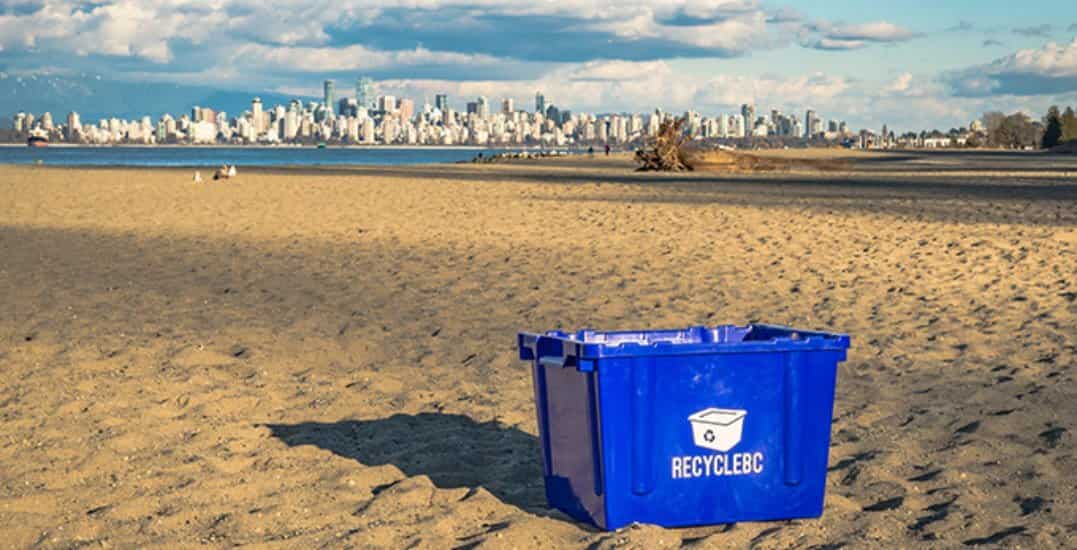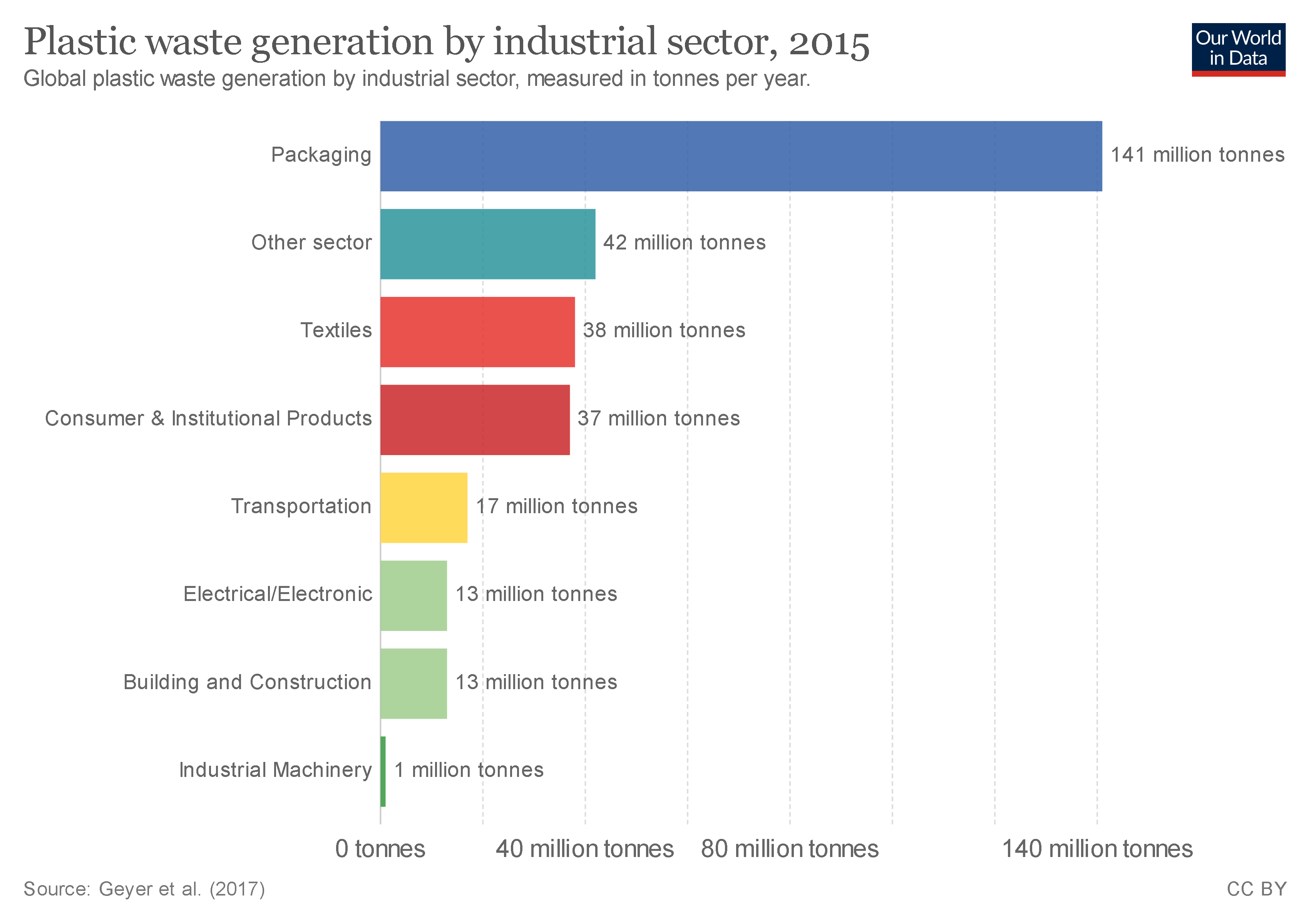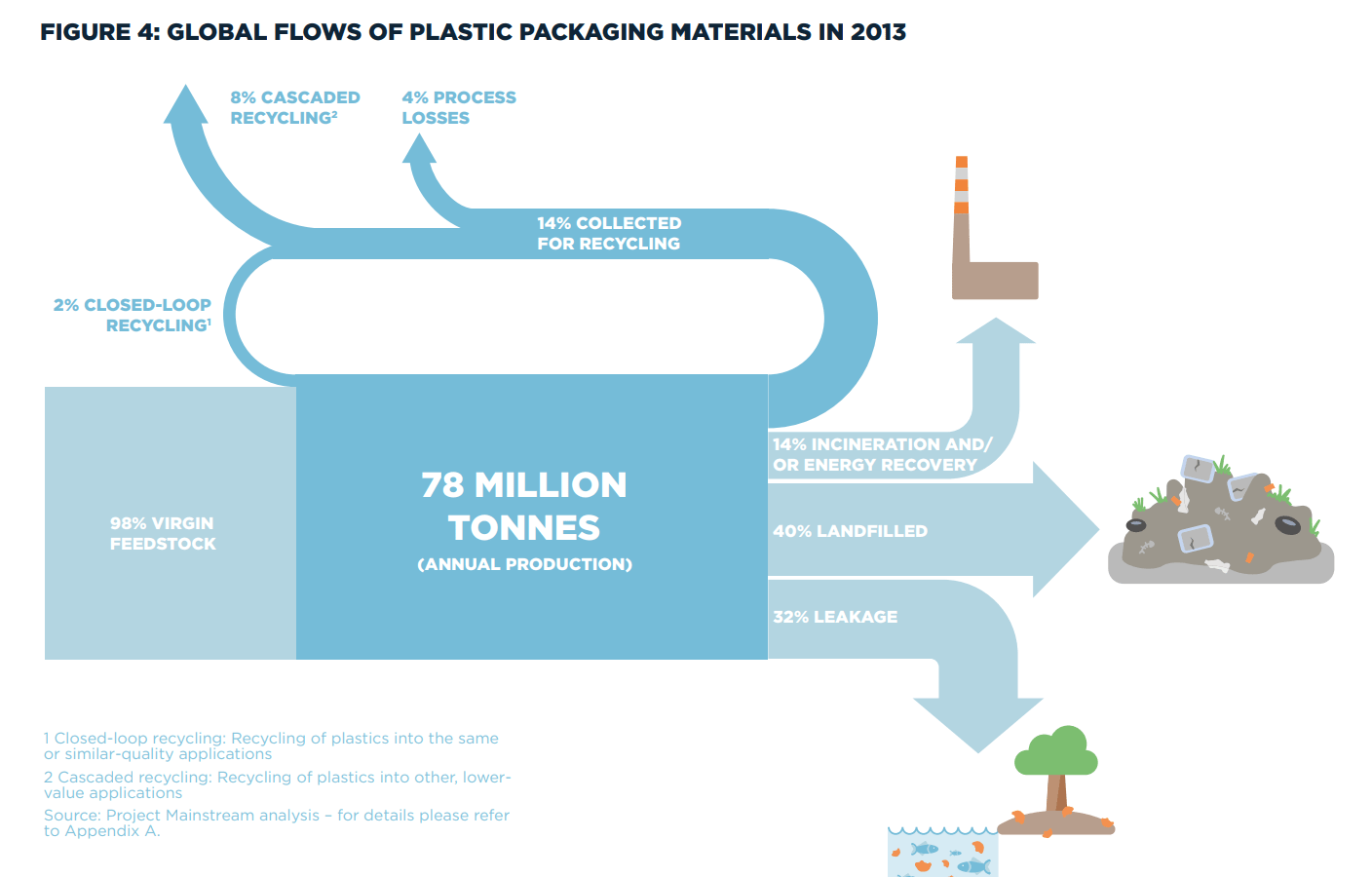It's hard to imagine governments taking effective action on environmental problems given the usual political drama, but BC's new policies show it IS possible!
Often times, we look at all the hard-to-believe issues that governments get involved in and assume that not much real progress ends up happening on anything important ever… BUT that common conception also makes it all the more incredible when a government manages to effectively partner with the right stakeholders to make significant progress on major problems.
Problems like plastic pollution. This issue has been around for decades and governments (in North America especially) all too often are slow to take action to ensure environmental and economic sustainability. BUT there’s a key outlier here that has been a great example of what effective policies look like: the government in British Columbia.

In 2014, they launched an environmental policy known as Extended Producer Responsibility (EPR). In essence, this regulates producers to take increased responsibility over the sustainability of their products not only while they’re in production, but also after the end of their life — when they end up as waste.
In British Columbia, producers have had to figure out how to sustainably dispose of and recycle their products at the end of their life for decades (Source). However, this has only been for products like batteries and tires — not common products like plastic packaging and paper.
This is where the new regulations in British Columbia have been groundbreaking in creating a new standard for ensuring producers take responsibility for ensuring their packaged products don’t end up in landfills or worse, pollution in the environment.
Another key aspect that sets British Columbia apart from other governments is that its policies are FULL Producer Responsibility laws instead of just EXTENDED Producer Responsibility. The key difference is that in British Columbia, companies are directly involved in the waste management of their products. In areas with just extended producer responsibility, companies pay municipalities to handle these logistics.
So to take care of the logistics of waste management, companies in British Columbia have collected under one organisation (RecycleBC) that partners with municipal recycling programs and the private industry to ensure that paper and plastic products are recycled. They collectively partner with over 1200 companies across BC and hundreds of municipalities to collect, process, and recycle product packaging.
This is a big deal because packaging is one of the largest categories of plastic waste, since it’s often hard to recycle. According to a study in 2010, almost half of all plastic waste was generated from plastic packaging:

The reason why it’s so hard to recycle plastic packaging is that its shape and the type of plastic used often leads to the plastic having ‘low-residual value’ (ie. it’s hard to recycle the waste to unlock the material’s value). For instance, plastic packaging in thin films can get stuck in machinery and types of plastic called thermoplastics downgrade in quality when they’re melted — which is a key part of recycling processes (Source).
Because of these difficulties, only 14% of plastic packaging was collected around the world in 2013 according to the Ellen MacArthur Foundation (Source). Only 10% of that ended up being recycled, whereas over 70% was either sent to the landfill or leaked into the environment as plastic pollution.

This issue is what inspired the government of British Columbia to implement their Extended Producer Responsibility regulations — to ensure that companies sustainably disposed of the materials they used for their products in the first place (in general, not just with plastics).
The way it works is that many of the companies that were now required to dispose of the waste generated from their products organised together into the RecycleBC organisation. It makes sure that paper and plastic packaging recycling is available across all of British Columbia by paying municipalities or private contractors to collect these materials.
They then take these materials (which now have an economic incentive to be collected because RecycleBC pays organisations to do this) and sell it to processing facilities within British Columbia. Over 98% of the waste RecycleBC collects is processed within the province (Source).
This allows the organisation to invest in the local economy to improve recycling capacity over time. For instance, 87% of the material they collect (by weight) gets recycled and another 8% is sent to the landfill.
To decrease the amount sent to the landfill, RecycleBC works with local processing plants to invest in new waste-to-fuel technologies. Because of this, the province of BC now has increased capacity to process types of waste that usually go to the landfill — like thin-film plastic packaging.
Another key benefit of this business model created through the Extended Producer Responsibility regulations is that RecycleBC also spearheads marketing and consumer education initiatives across the province. Currently, about 95% of residents in BC are aware of plastic/paper packaging recycling in their community and 73% make an effort to recycle (although this hasn’t changed too much since 2014).
Some other limitations of this model include that it doesn’t really work in developed countries — where a surprising amount of issues with plastic pollution occur (Source). Additionally, there are still issues to be sorted out with recycling thin-film packaging. Currently, the recycling rate at RecycleBC is 19% for flexible plastics — better than average, but there’s still room for improvement (Source).
That being said, British Columbia’s policies have proven more effective than many other regulations across North America. In Canada, similar policies are now being pursued in other provinces like New Brunswick and Quebec (Source).
All things considered, the progress made in British Columbia through this Extended Producer Responsibility legislation is a remarkable outlier in how effective governments can be when partnering with companies to REALLY do good when it comes to massive issues.
Further Reading:
